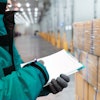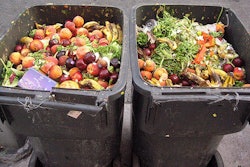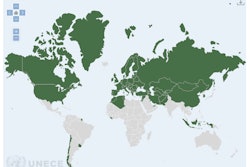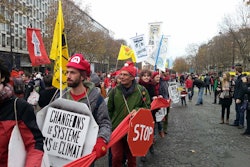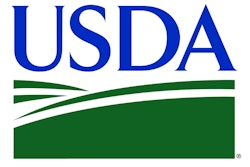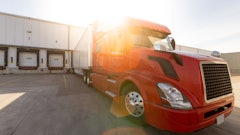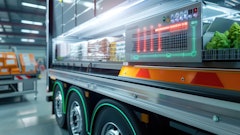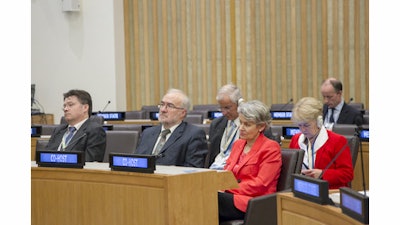
United Technologies and Carrier joined the Alliance for Responsible Atmospheric Policy in supporting the formation of the Global Food Cold Chain Council at the special United Nations Climate Summit 2014.
Speaking to environmental ministers at the high-level meeting of the UN's Climate and Clean Air Coalition (CCAC) on the eve of the climate summit, John Mandyck, chief sustainability officer, United Technologies Building & Industrial Systems, said, "A green cold chain will not only reduce its own carbon footprint, it will extend food supplies to feed more people and reduce the 3.3 billion metric tons of CO2 in food waste every year."
The CCAC includes 40 governments raising awareness on substitutes to short lived, higher global warming substances. The cold chain – marine container refrigeration, truck and trailer refrigeration and food retail refrigeration – ensures the global food supply remains fresh for safe consumption from "farm to fork." The Global Food Cold Chain Council will convene refrigeration system manufacturers, food suppliers, ocean and road transportation providers and food retailers to accelerate the transition to energy efficient transportation and stationary refrigeration systems using lower global warming refrigerants.
Carrier, the world leader in the manufacture of cold chain systems, recently announced its pursuit of low global warming CO2 natural refrigerant across its cold chain offering. Carrier will leverage its pioneering expertise in CO2 refrigeration for food retail and marine container systems to seek commercialization of the environmental technology for road transport refrigeration.
"CO2 as a natural refrigerant holds great promise across the cold chain as a preferred environmental choice for refrigeration," said David Appel, president, Carrier Transicold & Refrigeration Systems. Using recycled CO2 from the air, Carrier transforms the gas under high pressure to create cooling for food transportation and retail applications. Carrier's CO2OLtec refrigerated display case system technology, which was introduced in 2004, operates in more than 1,000 supermarkets across Europe. Last year, Carrier introduced the NaturaLINE, a marine container refrigeration system using CO2, lowering carbon emissions by 35 percent compared to traditional systems. To facilitate greater adoption of CO2 in the U.S., Carrier petitioned the U.S. Environmental Protection Agency to approve the low global warming refrigerant for transport refrigeration applications.
Agriculture generates 14 percent of global greenhouse gas emissions and consumes 70 percent of available water supplies, while farming uses 38 percent of all ice-free land on Earth. Yet, estimates show one-third or more of all food produced never reaches consumers due to spoilage and waste, representing 3.3 billion metric tons of CO2. As a country, food waste would be the third largest emitter of greenhouse gases. This presents both a pressing humanitarian and environmental challenge as the world grows from 7 billion people today to more than 9 billion people in 2050. "The cold chain is an essential strategy to extend food supplies, feed a growing planet and tackle climate emissions associated with food waste," said Mandyck. "We can meet the food needs of a 9 billion person planet with a simple equation – waste less, feed more – with substantial benefits to the natural environment."


